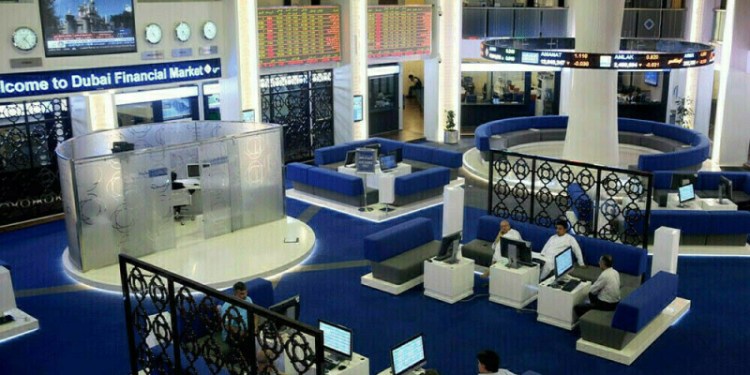Apart from the rejection of the price-intervention demanded by rubber farmers, several other measures have not been adopted to solve the current situation to deal with the drop in rubber prices, leading to extensive protests at several locations in the South, a recent roundtable seminar held by Nation Multimedia Group heard from experts.
While solutions to the problem have been floated, the ongoing rallies are continuing with the likelihood of further confrontation. The protesting farmers announced a short break in their campaign and vowed to come back. Thursday’s seminar saw a speaker representing the farmers make a strong case for price intervention.
A senior member of the National Economic and Social Advisory Council (NESAC), Uthai Sornlaksab, said the Pheu Thai government was unfair to rubber farmers while favouring rice farmers. Price intervention for the rubber farmers, upping the minimum per-kilo price by Bt13 from the average price of Bt79 per kilogram, would cost another Bt13 billion, on top of a subsidy of Bt25.6 billion earlier granted.
“The government has approved a Bt270-billion budget to help rice farmers through the rice-pledging scheme but gave only Bt25.6 billion to the rubber farmers. This is unfair,” he said. “With the Bt25.6-billion subsidy, the rate of annual per-rai amount of Bt1,260 would mean that the per-kilo price would increase only by Bt6,” he said. The protesting rubber farmers demanded a price intervention that would raise the average price of Bt79 per-kilo to Bt92, while some groups demanded a price of Bt101 per kilo.
Uthai, the head of a committee on macro economy, finance and fiscal affairs, under the NESAC and head of the Rubber Council of Thailand, said the subsidy would also benefit owners of rubber plantations, because the Bt1,260 per-rai subsidy would go to them as owner of the property of up to 25 rai, while rubber tappers, who earn only daily wages, will get nothing from the subsidy.
A deputy secretary-general of the Federation of Thai Industries (FTI), Chayo Trangadisaikul, said the government should promote or incentivise the use of natural rubber in many more industries while discouraging the use of synthetic rubber in order to increase local demand. He said Thailand produced 3.7 million tonnes of rubber each year while the global annual demand was 12 million tonnes.
More natural rubber could be used to lay beds of reservoirs, which would require an extra volume of several thousand tonnes of rubber, he said. He added that natural rubber could be used, in many foreign countries, as floor of pens for dairy cows to cushion their hooves, which would result in more milk output. The government should also encourage the general use of natural rubber, instead of synthetic rubber, which is priced at Bt60 per kg.
The managing director of the Thai Rubber Latex Corporation (Thailand), Warathep Wongsasutthikul, said he disagreed with price intervention because it would distort the market mechanism, and would only result in local prices going higher, making competition with rubber producers and exporters more difficult for Thailand.
Warathep said a lengthy halt of rubber tapping by small-time farmers, who were subsidised at the rate of around Bt18,000 per 10 rai per year, would result in growing demand, and subsequently a rise in rubber price. “If this scheme can be done, on about 1 million rai of rubber plantations, the government would spend only Bt1.8 billion, in exchange for a growing demand through a loss of a huge volume of supply,” he added.
He said rubber trees in Thailand were mostly old breed, which yield low rubber milk compared with countries in the region.



























